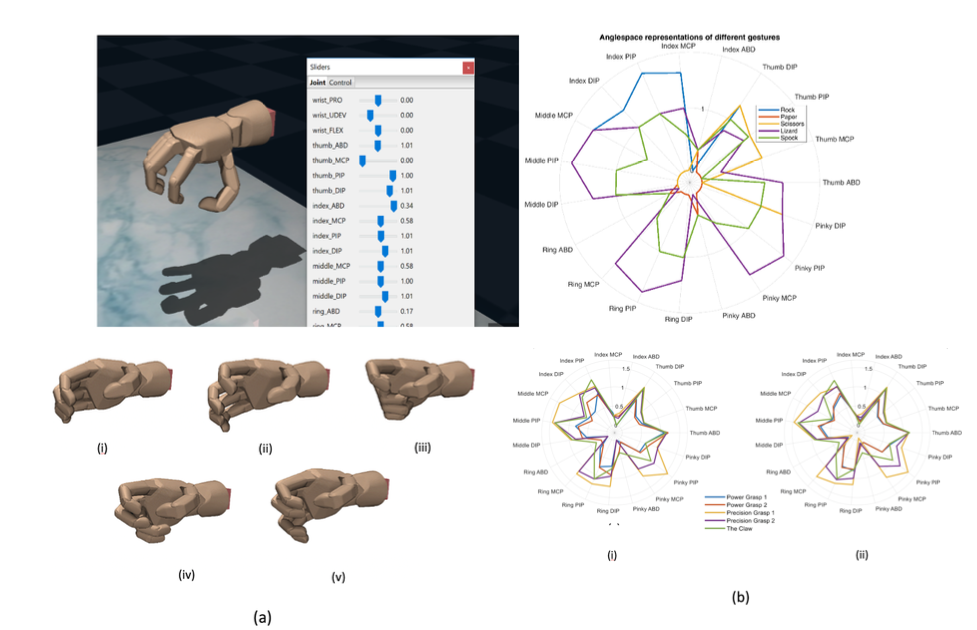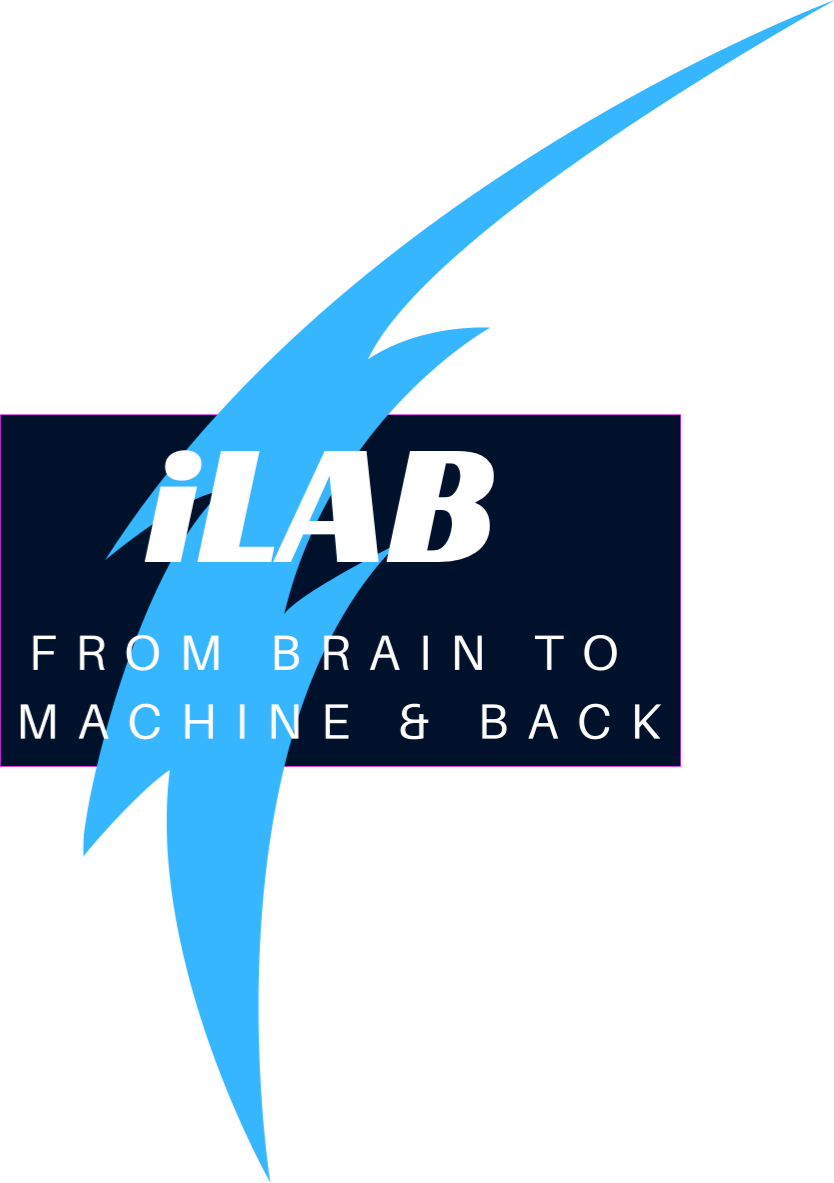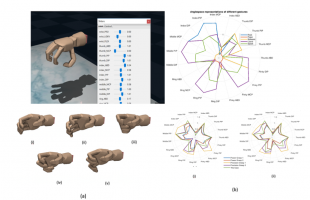Bilateral Cooperation in Computational Neuroscience between
Germany and USA (under review)
Consortium: Prof. Dr. Francisco Valero-Cuevas, University of Southern California (US), Prof. Dr. Christian Klaes, Ruhr University Bochum (GER), Prof. Dr. Karsten Seidl, University of Duisburg-Essen (GER), Prof. Dr. Ioannis Iossifidis, Ruhr West University of Applied Sciences (GER)

We proposes a novel brain computer interface (BCI) for humans paralyzed by spinal cord injury (SCI) that explicitly considers the neuromechanical link between brain, body and context. A BCI uses signals from electrodes implanted in the brain to control extracorporeal devices. A computational decoder is the critical interpreter between neuronal activity and the extracorporeal device. Great progress has been made in biocompatible electrodes and implantable hardware, but effective decoders are still the bottleneck of this technology. In contrast to the coevolution of brain, body and context, current decoders tend to be divorced from the body’s neurophysiological and biomechanical state but also from environmental constraints. Our synergistic team of experts will create a novel BCI based on “sensorimotor Gestalt” principles and context-sensitive AI assistance. The BCI pipeline will consist of a spike-train decoder and an arm exoskeleton as the extracorporeal device. In Aim 1 we will develop a high-fidelity neural decoder conditioned on the neuromechanical state of the brain and the exoskeleton. In Aim 2, the decoder will additionally use contextual priors that take environmental constraints into account, e.g., the type of tasks and objects. In Aim 3 we will deliver a context-aware edge computing implementation of the entire upper extremity BCI system. This novel approach in BCI for real-world environments will set the stage for truly useful edge computing exoskeletons for SCI patients.

